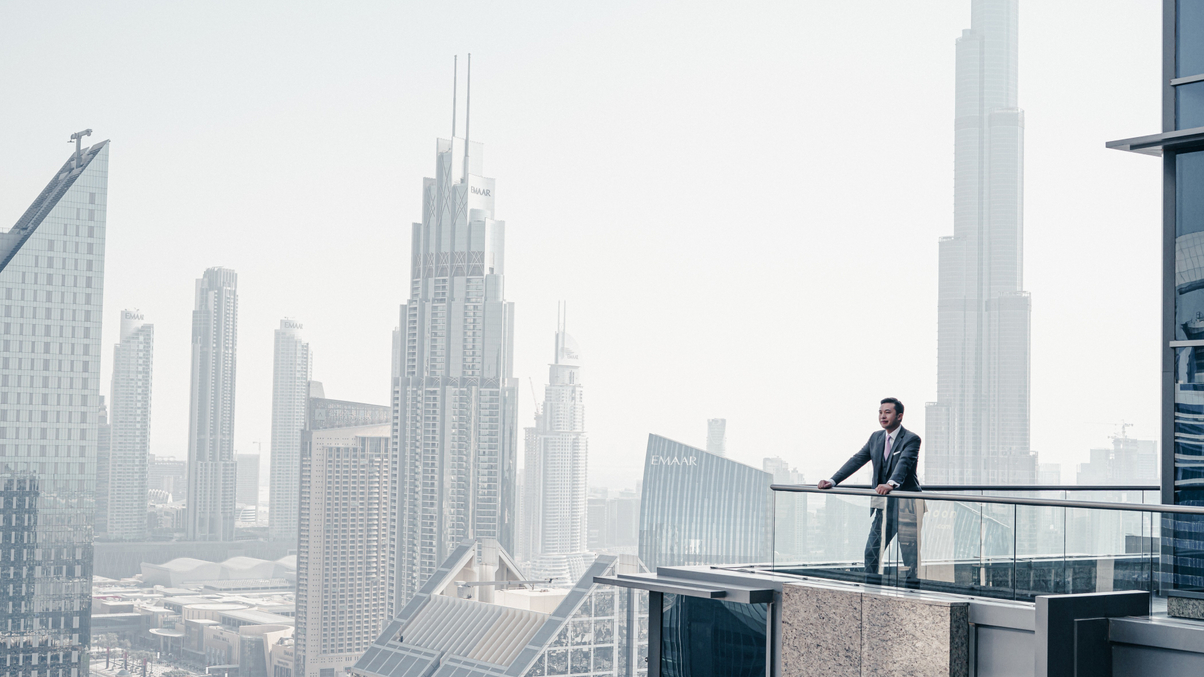Tsangs Group adds Dubai office; explores Metaverse, NFT assets
The HK-headquartered family office has just added a new office in Dubai, and plans to add headcount to support its core investments in China and the US.

Hong Kong-headquartered family office Tsangs Group has launched a new office in Dubai, with a mission to invest in more Middle Eastern and European assets. The firm is adding five more to the team to support its core investments in China and the US as well.
Sign in to read on!
Registered users get 2 free articles in 30 days.
Subscribers have full unlimited access to AsianInvestor
Not signed up? New users get 2 free articles per month, plus a 7-day unlimited free trial.
¬ Haymarket Media Limited. All rights reserved.


